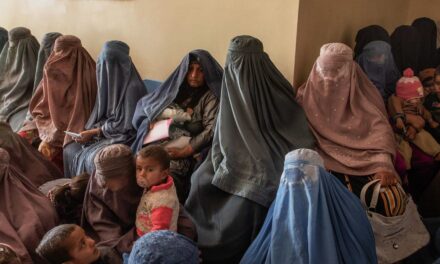Lucknow, India – A new study from the Indian Institute of Management (IIM) Lucknow has shed light on the factors that shape Indian women’s attitudes toward adopting menstrual cups, a sustainable alternative to traditional menstrual products. Published in the Journal of Social Marketing, the research emphasizes the role of emotional values, environmental awareness, price sensitivity, and product quality in influencing adoption decisions.
The study, conducted by a team of researchers, surveyed 304 women across India to explore how different perceived values – functional, emotional, conditional, epistemic, and environmental – impact their intentions to switch to menstrual cups. The findings point to emotional values as the most significant factor, indicating that women feel a sense of personal contribution to societal and environmental sustainability when opting for menstrual cups.
“Emotional values play a dominant role in shaping women’s decisions to adopt menstrual cups. Our respondents believe they are making a meaningful impact on sustainability and society by using these products,” said the research team. This aligns with the growing trend of eco-conscious consumerism in India, particularly among younger women seeking alternatives to plastic-heavy sanitary pads and tampons.
Environmental awareness was another key driver in menstrual cup adoption. The study highlights that menstrual cups produce far less waste compared to conventional sanitary products, significantly reducing plastic pollution. “The environmental factor forms a positive attitude towards behavioral intention, resonating with social marketing principles that prioritize societal and environmental well-being,” the researchers noted.
Additionally, knowledge-seeking behavior, price sensitivity, and concerns about product quality also influenced women’s decisions. The study shows that while many women are motivated by the long-term cost savings and health benefits of menstrual cups, price sensitivity remains a hurdle, particularly for first-time buyers. Quality, durability, and comfort were also crucial considerations, further shaping women’s attitudes toward making the switch.
Professor Priyanka Sharma from IIM Lucknow, one of the study’s lead authors, emphasized the broader impact of menstrual cup adoption on women’s health and environmental sustainability. “Adopting menstrual cups in India can revolutionize feminine hygiene by promoting health, comfort, and environmental sustainability. It is a vital step toward empowering women with safer, eco-friendly choices,” she said.
Sharma also underscored the need for prioritizing menstrual health to foster well-being and dignity for women across the country. With menstrual hygiene being a critical issue in India, the study’s findings offer valuable insights for social marketers and policymakers looking to promote menstrual cup usage on a larger scale.
The researchers believe that by emphasizing the emotional and environmental benefits of menstrual cups, marketing campaigns can be designed to encourage more women to consider the switch. Highlighting the reduction of environmental waste and offering information about the long-term benefits can help address the concerns of price-sensitive consumers.
This study provides a comprehensive understanding of the factors that drive menstrual cup adoption in India, offering actionable insights for campaigns aimed at improving menstrual hygiene management in the country.
Key Takeaways:
- Emotional and environmental values are key factors influencing menstrual cup adoption among Indian women.
- Menstrual cups offer a sustainable alternative to conventional sanitary products, reducing plastic pollution and waste.
- Price sensitivity and product quality remain important considerations for first-time users.
- The findings can guide policymakers and social marketers in promoting menstrual cups as part of broader menstrual health initiatives.












